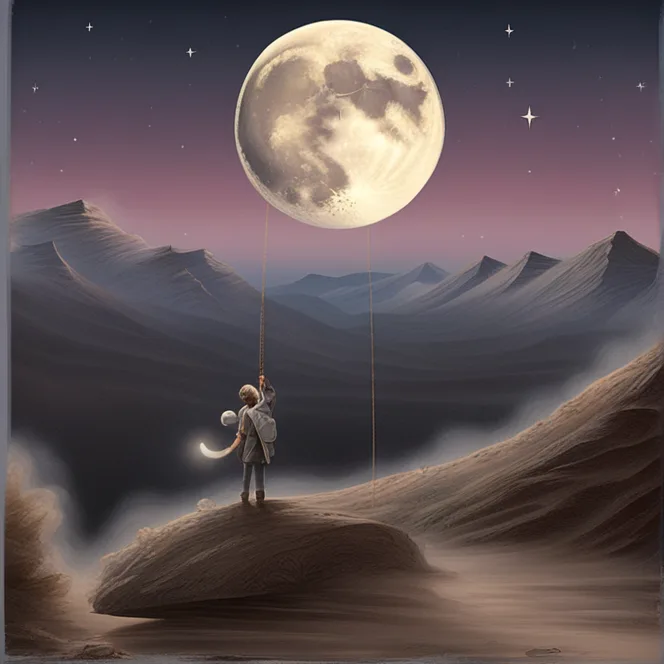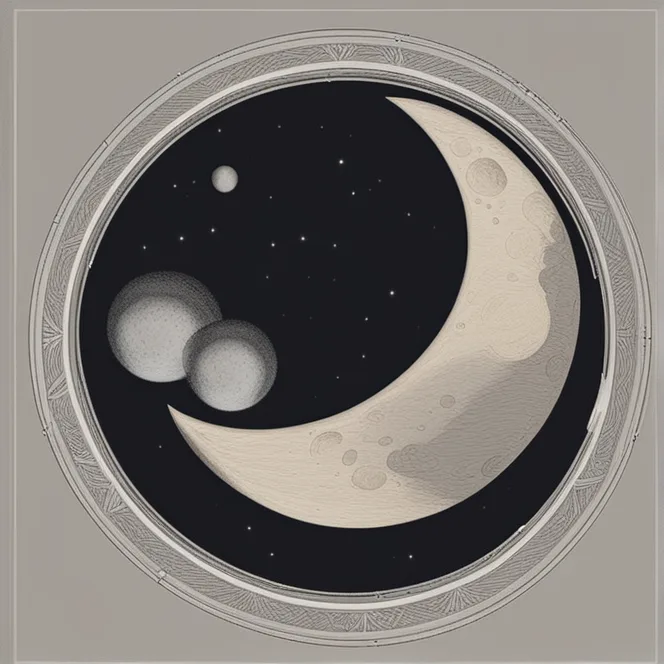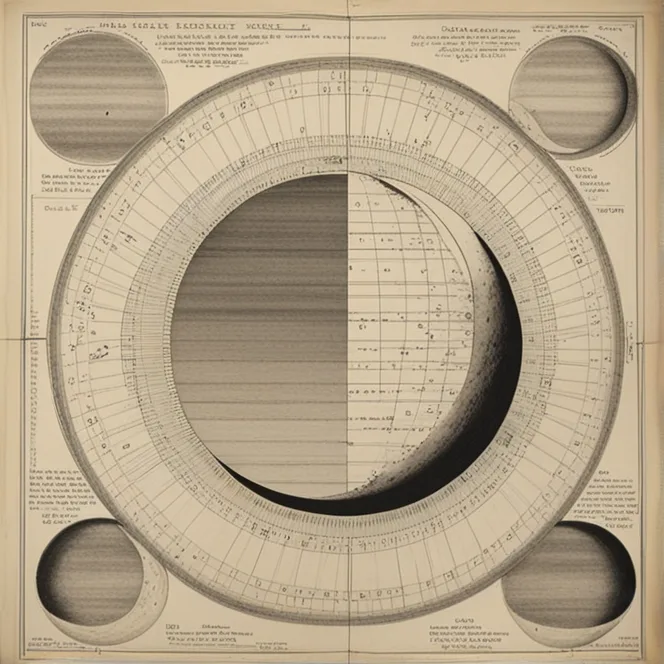
Moon Retrograde: Unveiling Its Mysteries
Discover the enigmatic influence of the Moon in retrograde and how it impacts our emotions and daily life in this insightful exploration.
article by Priya Deshmukh
Understanding Retrograde Motion
The concept of a planet going "retrograde" is an astronomical phenomenon observed from Earth, where a celestial body appears to move backward in the night sky. It is important to note, however, that the Moon does not actually experience a retrograde motion. Unlike the other celestial bodies such as Mercury, Venus, or Mars, which go retrograde periodically, the Moon's apparent motion in the sky consistently moves in one direction. This is due to its synchronous rotation with Earth, meaning the same side always faces us whilst orbiting. The misunderstanding likely arises from astrological interpretations where planets, in general, are said to go retrograde and affect our lives.

Moon's Phases and Influences
Although the Moon does not retrograde, its phases do exert significant influences according to astrological beliefs. New Moons represent new beginnings, offering a time for setting intentions and starting fresh. The First Quarter challenges us to overcome obstacles, while the Full Moon facilitates completion and reflection. The Last Quarter inspires release and letting go. These phases each last about a week and they recycle approximately every 29.5 days, shaping our emotional ebb and flow.

Astrological Significance of Lunar Movement
Nevertheless, astrologers often speak of the Moon's movement through the signs of the zodiac and how its position can influence our emotions and intuition. When it 'moves' from one sign to another, the energetic shifts can be felt by those who are sensitive to such changes. A Moon transitioning into a water sign like Cancer might increase our emotional sensitivity, while moving into an earth sign like Taurus might make us seek stability and comfort. These transitions, while not retrogrades, carry unique energies that affect our daily lives.

Misconceptions Around Moon Retrograde
The misconception about the Moon's retrograde may also stem from the notion of "Void of Course" (VOC) Moon, an actual astrological phenomenon. This occurs when the Moon makes its last major angular aspect with a planet in one sign before moving into the next. During the VOC period, which can last from a few minutes to over a day, it is believed that actions taken may not go as planned or expected. This period might feel as if the Moon's influence is in a state of flux, similar to how retrogrades are perceived.
Practical Guidance for Moon Transitions
Embracing the symbolism of the Moon's phases and transitions between zodiac signs, astrologers provide insights for harnessing these natural rhythms. Practices such as moonlit meditations, intention-setting during the New Moon, or releasing rituals during the Waning phases can help individuals align with the lunar cycle. By observing the Moon's movement through the signs, one might also modify their activities to better resonate with the energy at hand; for example, focusing on communication when the Moon is in Gemini.
Final Reflections on Lunar Lore
While the Moon itself does not experience retrograde motion, the celestial dance of the Moon through its phases and zodiac signs still holds profound symbolism in astrology. As a luminary that governs our night sky and internal landscapes, the Moon commands a unique presence in our lives. By understanding its consistent cycle and how it interacts with the astrological signs, we can glean deeper insights into our emotional wellbeing and the subtle forces that shape our day-to-day existence.
Published: 12/6/2023
Modified: 12/6/2023
More predictions
Come back here soon to learn more about yourself and your future





